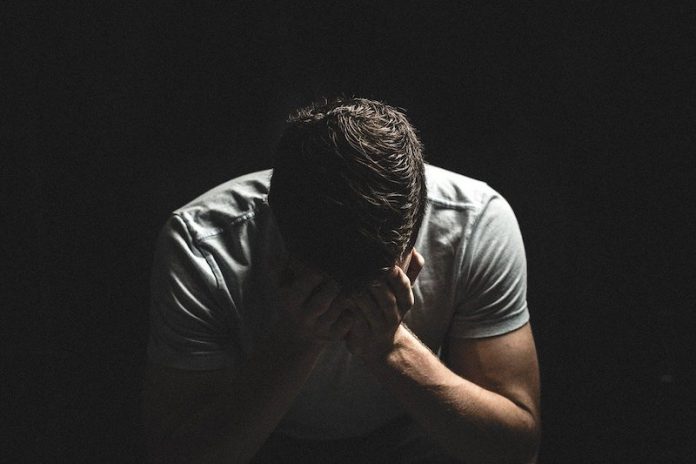
In a new study, researchers found that baby boomers and Generation X are at the greatest risk of mental ill-health in middle age.
They found that 20% of those born in 1970—part of Generation X—19% of baby boomers born in 1946, and 15% of baby boomers born in 1958, experienced their highest ever levels of psychological distress in adulthood when they were in their 40s and 50s, including symptoms of depression and anxiety.
The research was conducted by a team at UCL.
In the study, the team analyzed data collected over the past four decades on more than 28,000 adults who are participating in three of Britain’s birth cohort studies.
They examined participants’ reports of their mental health between the ages of 23 and 69 to check the rates of psychological distress during adulthood, and how they differed across generations.
Among those born in 1958 and 1970, the rates of mental ill-health decreased from their early 20s to their early 30s.
But then the prevalence of psychological distress increased from their early 30s to reach its highest levels in midlife—when participants were aged between 46-53.
The 1970 group consistently had the highest rates of mental ill-health during adulthood.
At age 26, 16% reported psychological distress, before rates fell to 14% at age 30. Prevalence of mental ill-health increased to 16% at age 34, then to 19% at age 42, before reaching 20% at age 46.
For those born in 1958, prevalence decreased from 10% at age 23 to 8% at age 33, before rising to 13% at age 42, then increased again, to 15% at age 50.
For those born in 1946, rates of psychological distress increased steadily during adulthood, from 6% at age 36, to 12% at age 43 and then 19% at age 53.
Among those born in 1946, rates of psychological distress were observed to decline as they reached their 60s.
Prevalence of mental ill-health decreased from 18% at age 60-64 to 15% at age 69.
Across all three groups, at all ages, rates of psychological distress were higher among women than men.
For example, in midlife, 23% of women born in 1970 had mental health problems compared to 17% of men.
Among the baby boomers in middle age, 19% of women born in 1958 had psychological distress compared to 11% of men, and of women born in 1946, 24% had mental ill-health, compared to 14% of men.
The team says midlife tends to involve a ‘peak’ in career, with middle-aged adults acquiring increasing responsibility as the ‘decision-makers’ in society, which is accompanied by reduced leisure time, and elevated job-related stress.
Middle age is also often linked to changes to family structure, which may be linked with mental health, such as empty nest syndrome and rising rates of divorce.
As people approach their 50s, they are also more likely to be parents and simultaneously care for aging parents.
The added pressures of the COVID-19 pandemic may therefore have a more pronounced detrimental effect on the mental health of middle-aged adults as many have increased responsibilities, such as homeschooling their children and caring for older and vulnerable relatives.
One author of the study is Professor George Ploubidis (UCL Centre for Longitudinal Studies).
The study is published in Psychological Medicine.
Copyright © 2021 Knowridge Science Report. All rights reserved.



